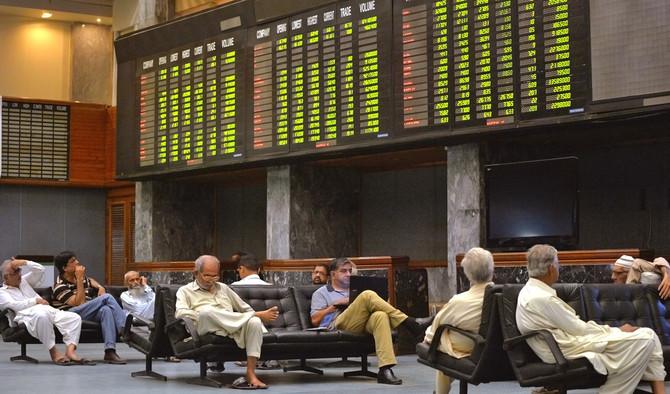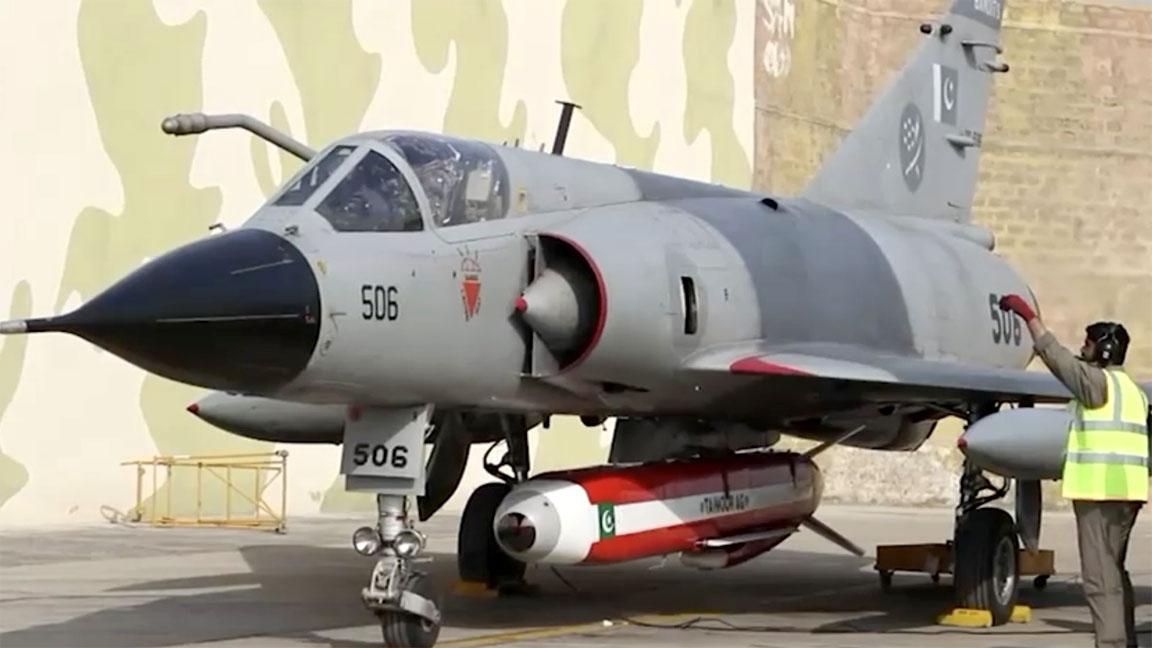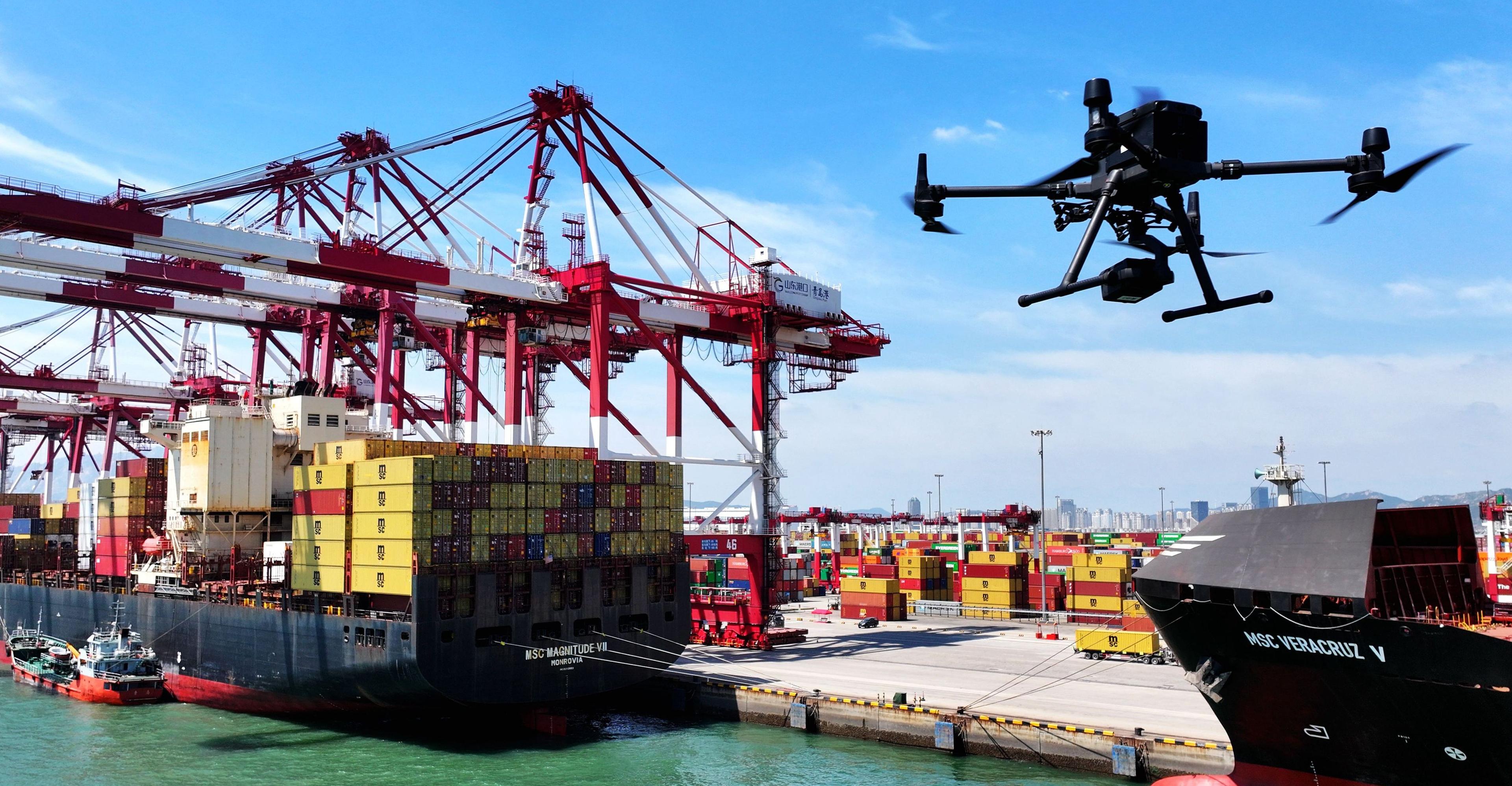The Financial Action Task Force (FATF) has decided to keep Pakistan on the grey list for the time being and has given Islamabad time until June 2021.

According to the FATF: "Pakistan has implemented on 24 of the 27 goals of the Action Plan and now it has to work on remaining three."
According to the FATF: "The three goals that Pakistan needs to work on further are to impose financial sanctions on designated extremists or those who are working for or in their place. This includes investigations and lawsuits against supporters and targeting individuals or entities working in their place,” It added, "Once these three goals are met, the FATF will examine them and after reviewing their sustainability, Pakistan's future will be decided."
According to the FATF: "Pakistan has until June 2021 to meet all the objectives of the Action Plan."
It should be noted that after being put on the grey list in 2018, the FATF had set 27 targets for Pakistan.
The last meeting of the Financial Action Task Force held in Paris on October 23 last year also decided to put Pakistan on the grey list. "The forum is aware that Pakistan has made progress and implemented 21 of the 27 points of the action plan," FATF chief Dr Marcus Pleyer told a news conference, “But Pakistan still needs to do more.”
Back then, the agency urged Pakistan to complete the implementation of the internationally agreed action plan by February 2021.
The Government of Pakistan has taken several steps to implement the FATF Action Plan, including passing various laws in and curbing the militants financing.
The Financial Action Task Force is a global organization established in 1989. Implemented by the G-7 Summit in Paris, the main purpose of which was to prevent money laundering globally. However, in 2011 its mandate was extended and its objectives were raised.
FATF’s goals included protecting the international financial system from terrorism, money laundering and other such threats, and taking appropriate legal, regulatory and practical measures in this regard.
The 38 members of the organisation include the United States, Britain, China and India, while Pakistan is not a member.
The organisation meets every four months, three times a year, to see how well its recommendations have been implemented.
Draymond ejected again; 'we need him,' Kerr says
- 13 hours ago
Maduro arrives for first US court appearance after capture
- 9 hours ago
Pakistan, China reaffirm support for each other on core issues
- 14 hours ago
Govt to auction 600 MHz spectrum next month: Shaza
- 14 hours ago
Embiid's 1st dunk of season fires up rising Sixers
- 13 hours ago
Palestinian embassy in UK officially inaugurated
- 9 hours ago
Smith sets Big Ten's assist record, eyes D1 mark
- 13 hours ago

Gold prices rise in Pakistan. global markets
- 14 hours ago

KSE-100 reaches historic high as investor confidence lifts PSX
- 14 hours ago

Shut the fridge door!
- an hour ago
CMC owns key drop, 49ers lament missed chances
- 13 hours ago
‘Avatar: Fire and Ash’ reaches $1bn in global ticket sales
- 14 hours ago








